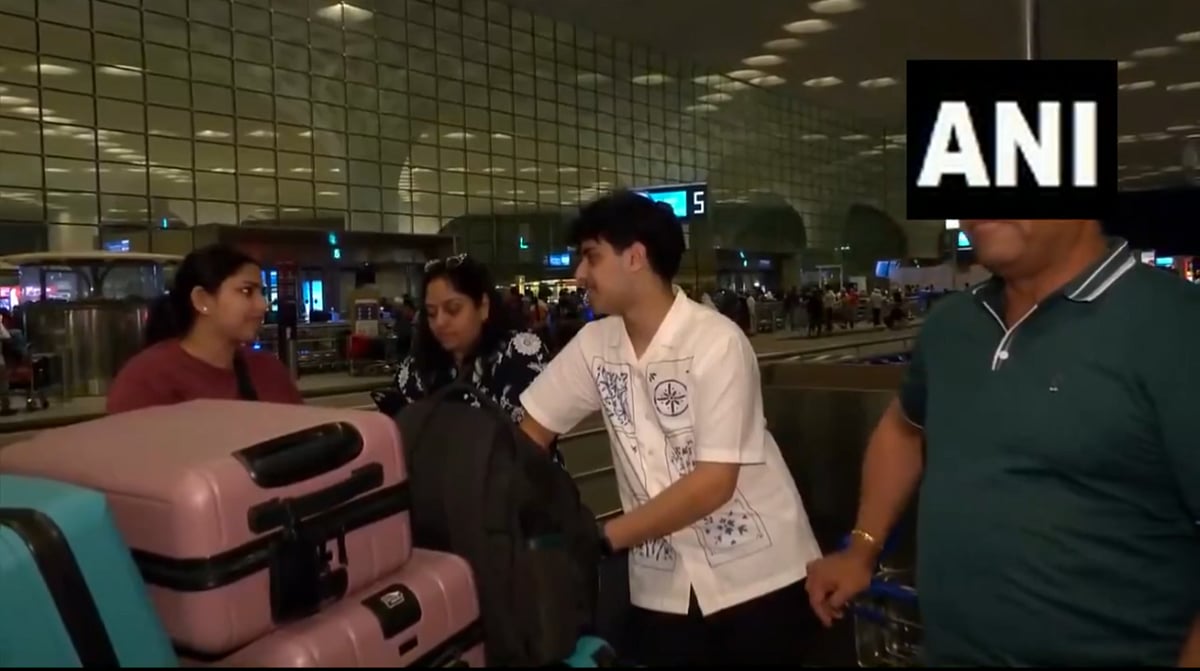Haryana has joined the long list of states which have attempted to legislate a solution to a problem which cannot really be solved by law-making. On November 5, the Haryana assembly passed a bill providing for 75 per cent reservation for local candidates in private sector jobs. The Haryana State Employment of Local Candidates Bill, 2020, mandates that three-fourths of jobs which offer a salary of less than Rs 50,000 a month have to be given to jobseekers from the state. The quota is applicable to all types of private enterprises, societies and trusts which employ more than 10 persons.
That’s not all. A maximum of 10 per cent of this recruitment must be of candidates hailing from the district in which the industry is located. Failure to meet the quota will attract stiff fines and prosecution. The Bill was a key poll promise made by the ruling BJP-led alliance's key partner, the Jannayak Janata Party, led by Deputy CM and state labour and employment minister Dushyant Chautala. An earlier attempt to introduce the same provision through the ordinance route had failed after the governor declined assent and referred it to the President of India for approval.
The reason the governor refused to rubberstamp the ordinance is that his advisers were of the view that the proposal would be violative of Article 14 (equality before law) and Article (1)(g), which provides for the freedom to practise any profession or trade to all citizens. But the lack of constitutional sanction has not stopped a growing number of states from trying to use their power to legislate to try and impose quotas on the private sector. Madhya Pradesh, Maharashtra, Andhra Pradesh, Karnataka, Tamil Nadu, Himachal Pradesh and Odisha have all attempted to impose domicile-based quotas on private sector jobs in one form or the other, while Gujarat went so far as to impose an 85 per cent quota on jobs for locals in companies which had availed of any kind of government incentive or subsidy. That most of these attempts to force a legislated change have failed has not deterred politicians from raking up the issue time and again.
Job reservations for locals is an easy political sell and makes for catchy populism but fails to address the real problem: the failure of both the government and the private sector to create an adequate number of quality jobs in the first place. It also highlights the widespread neglect of, and under-investment in education and skilling, because of which skilled migrants from other areas end up getting the jobs. Domicile-based reservations also amount to Balkanisation of the land, creating “countries within countries”. In the long run, it also tends to be self-defeating, driving away investments and depriving the local economy of needed skills and productivity. Affirmative action has to flow from the heart, not out of the barrel of legislative coercion.
Caging the parrot
The growing trend among states – particularly those ruled by parties or alliances other than the BJP – to virtually bar the free operations of India’s premier investigative agency, the Central Bureau of Investigation, by withdrawing their “general consent”to the CBI to investigate cases in their states, marks a disturbing new low in the already deteriorating relationship between the Centre and the states. This week, Jharkhand and Kerala withdrew theirs.
The CBI was established under the Delhi Special Police Establishment Act, and therefore requires permission from the states (policing is a state subject) to inquire into cases against Central government employees and others in a particular state. To ensure smooth and seamless functioning, most states extend a “general consent” to the CBI to do so, obviating the need for taking sanction every single time.
The fact that most opposition-ruled states – Kerala and Jharkhand join states like West Bengal, Maharashtra, Chhattisgarh, Mizoram and Tripura in withdrawing general consent – indicates a growing loss of faith by states in the ability of the CBI to conduct an impartial inquiry. In fact, the states withdrawing consent have charged the ruling BJP – not without basis -- with using the CBI to pursue political agendas and target the opposition.
This is an unfortunate development and signals the growing disconnect between the Centre and the states. It is also a poor reflection on the perceived politicisation of what was once a purely investigative anti-corruption policing agency. Only reasoned political dialogue among all parties and a binding commitment to not using the CBI as a tool to settle political scores – after all, even the Supreme Court had described the CBI as a “caged parrot” – can help retrieve the situation. Otherwise, the cause of justice will suffer.




